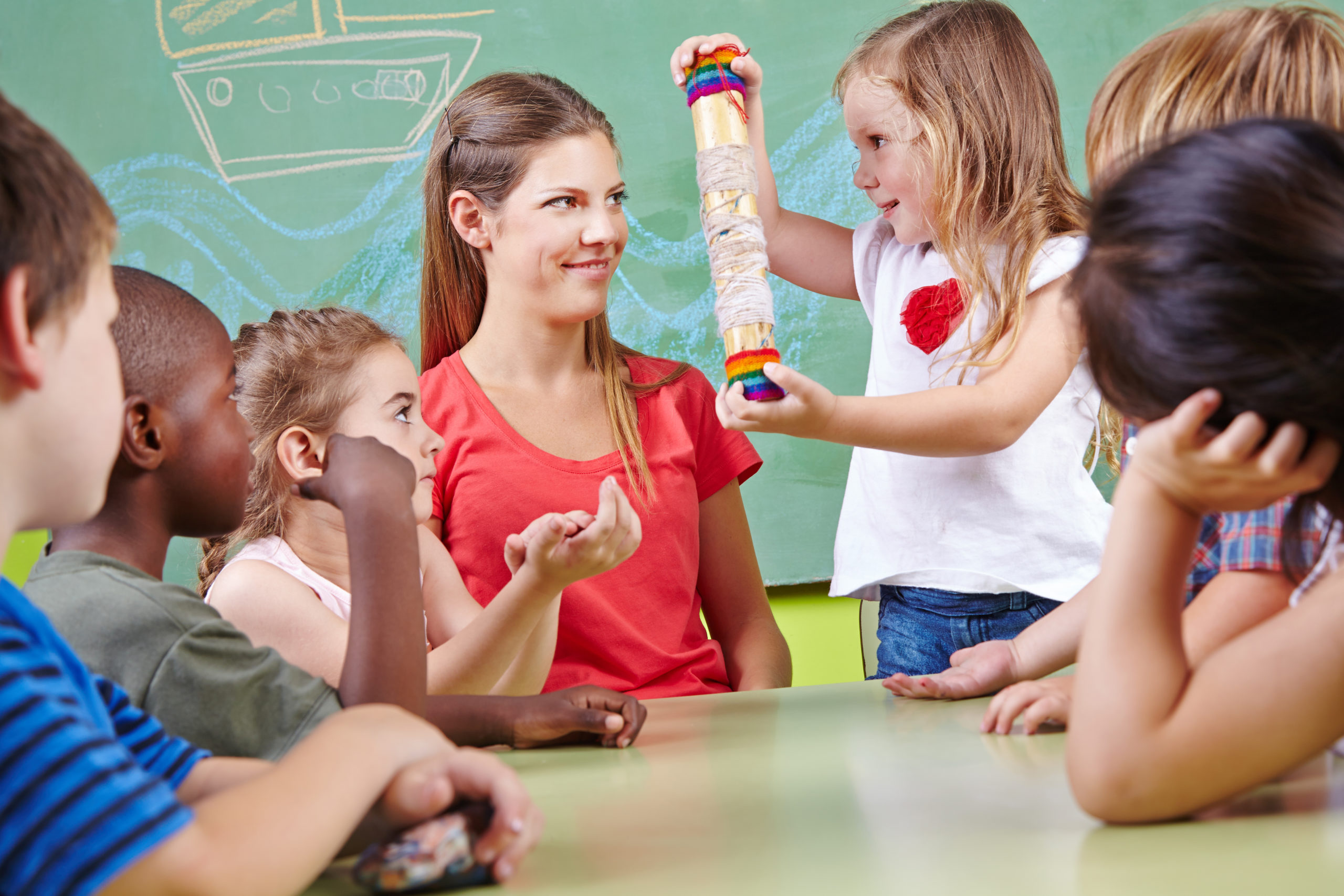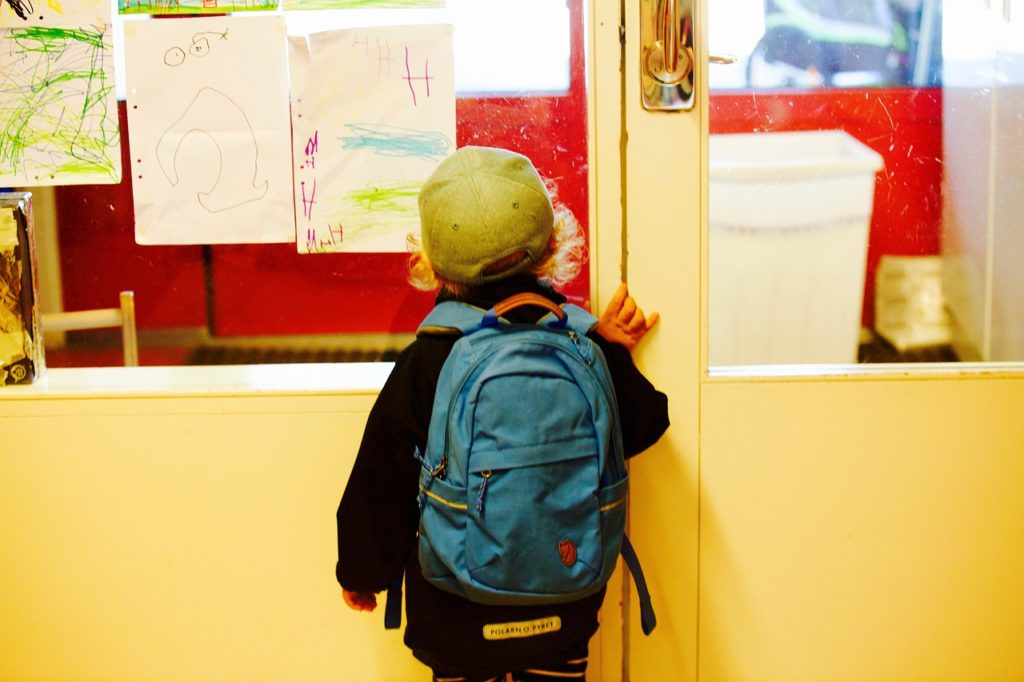Early Childhood

Early Childhood teachers in Montessori Education have an unique opportunity to help shape the minds of the next generation.
“The child,” wrote William Wordsworth, “is the father of the man.” The sentiment is mostly true. The links between early childhood and later adult identity is well documented. The first three years in a person’s life has a lasting impact upon their psychological development. Teachers play a vital role in this development. The job is important but it is hard work!
Teaching takes place in a large number of environments. Teachers can work in a crèche, pre-school, kindergarten, playschool or Montessori school. Different schools and childcare workers or teachers can concentrate on different areas and education styles. However, all must plan and implement educational programmes for young children.
Montessori is one of the most well-known and well utilised childhood education models. Maria Montessori (1870–1952), an Italian physician and educator pioneered this method. She believed that the learning environment should meet the psychological needs and characteristics of children. She believed this would give children a greater chance of developing into well-rounded adults capable of building a better society.
Education
Degree course options for this include Early Childhood Care, Early Childhood Education, and Early Childhood Studies. They teach students about the physical, cognitive, social, and emotional development of children. Typical subjects include Developmental Psychology, Language Acquisition, Inclusive Education and Sociology, Childcare Management, as well as Healthcare and Nutrition. There are also classes in teaching Art, Music, Science, Creativity, and Drama. Supervised work placements in a childcare environment are an integral part of most Early Childhood Education courses.
Childcare is a very most common and popular courses in further education, with dozens of providers nationwide. Options include one-year Level 5 certificates in Childcare, Special Needs Assistant, and Childcare with Social Studies. Once completed, it is possible to advance to a Level 6 Childcare Supervision/Management programme. Work experience plays an essential role in all PLC Childcare programmes.
Montessori courses are actually available from a number of local colleges around the country. Students are taught the Montessori Method of education, including subjects that focus on Practical Life Exercises, Environment & Cultural Awareness, Art & Music, Movement Sensorial Education, Language, and Mathematics. You will also learn about child development (physical, social, and psychological) and experience an extensive period of teaching practice.
The Work
Graduates of one of these courses can find work in crèches, pre-schools, day nurseries, and private homes, as well as with special needs services, community services, and family centres. They may also decide to move into counselling or other areas of educational, organisational, and administrative work in the state, private, and voluntary sectors.
One of the central tenets of all early childhood education is that children learn through play as it allows them to form concepts and understand complex relationships while remaining interested in class exercises. Early childhood workers will typically lead their charges through activities that touch on key educational areas, such as music, art, science, maths, and literacy.
Early childhood education professionals are those who also deal with situations ranging from children who miss their parents to helping children gain confidence in everyday tasks such as pouring a drink and tying their laces.
Montessori teachers will often deal with the above situations in a particular way. The child is encouraged to explore and learn through both his/her own will and though the examples set by the teacher.
Someone who works in childcare education should, of course, like children and be able to communicate well with them. Young children generally don’t care if you are tired or not in the mood to play. High levels of energy, patience, and a sense of humour are useful for a career in this area, while the joy and satisfaction of helping young children learn is tremendously rewarding for many people.
Did you know?
The brain of a three-year-old child is twice as active as that of an adult.


Leave a comment